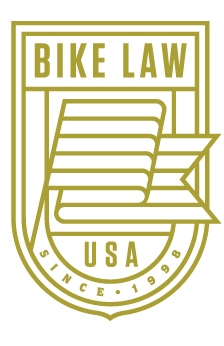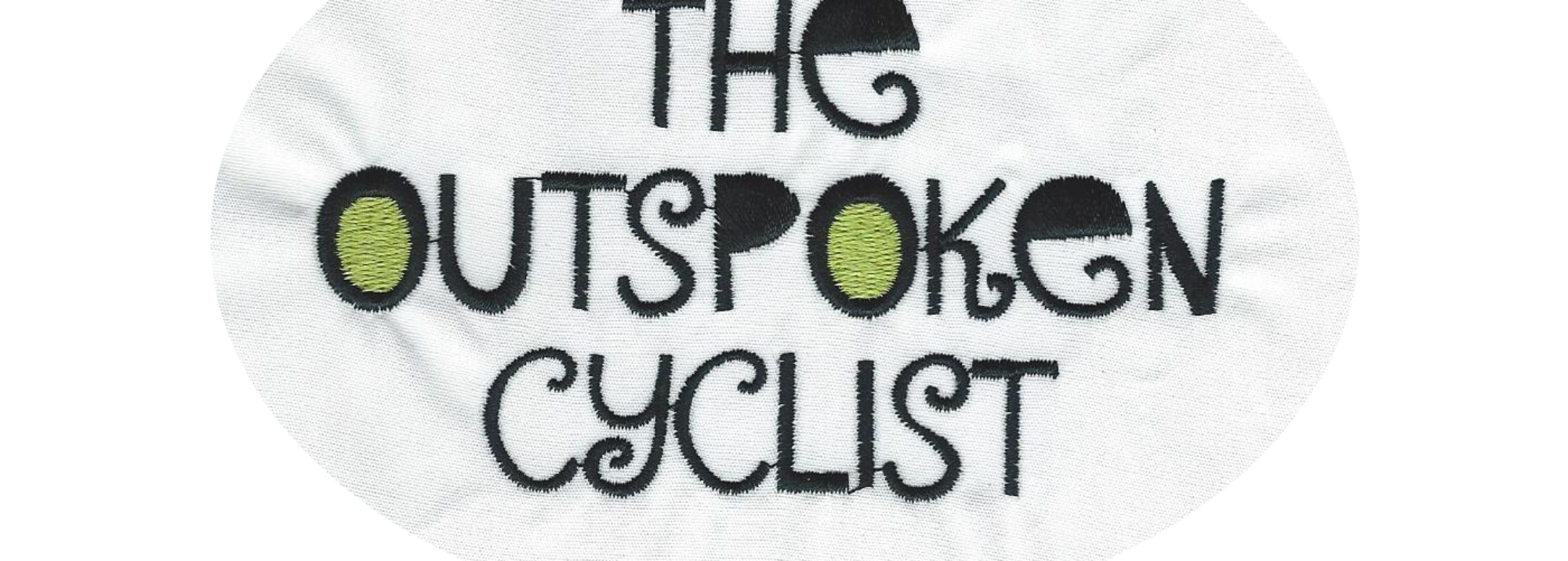Podcast: Play in new window | Download
Subscribe: RSS
Guests: Rachael Maney; Sgt Mike Wear
This week’s show tries to put some perspective on the events of not only the past two weeks; but, also the raw realities that have emerged about everything we might have been taught when we were in school and what we think we see in the news and on the streets today – and how the bicycle can be a symbol for both good and bad.
As we try to untangle and understand all the myriad things that are happening – – from COVID19 and its profound effects on our lives and the economy, to the horrific and sickening death of George Floyd and the subsequent global outcries for equity and justice, I turned to my friends and supporters at Bike Law for some perspectives that you may not have heard yet.
 Peter Wilborn, who is the founder of Bike Law, started out as a civil rights attorney. In fact, in 2016, Peter wrote a piece for the Bike Law Blog titled, Biking is a Civil Right.
Peter Wilborn, who is the founder of Bike Law, started out as a civil rights attorney. In fact, in 2016, Peter wrote a piece for the Bike Law Blog titled, Biking is a Civil Right.
National Bike Law Director, Rachael Maney, has some very personal connections to discrimination and civil rights herself.
So today, Rachael and I take a look at everything from statistics and consequences to illustrations of how inequities show up in everyday situations.
 Then, I speak with Sgt Mike Wear, the VP and Public Information Officer for IPMBA. the International Police Mountain Bike Association (IPMBA) is a non-profit association dedicated to promoting the use of bikes for public safety, providing resources and networking opportunities, and offering the best, most complete training for public safety cyclists.
Then, I speak with Sgt Mike Wear, the VP and Public Information Officer for IPMBA. the International Police Mountain Bike Association (IPMBA) is a non-profit association dedicated to promoting the use of bikes for public safety, providing resources and networking opportunities, and offering the best, most complete training for public safety cyclists.
Over the past couple of weeks as people demonstrated, and sometimes rioted and looted, you may have seen photos of police officers holding their mountain bikes up as shields – or what some headlines have said as weapons – to fend off crowds of people.
From those photos came a barrage of commentary from bike manufacturers that they would no longer supply bicycles to police departments and will “do better” and be “all in” in making changes in their work cultures.
Then I got to thinking and started seeing another side – a way different side – of police on bikes and decided there was way more to the story than the knee jerk reaction – including mine – of condemning the police for the work they were trying to do.
